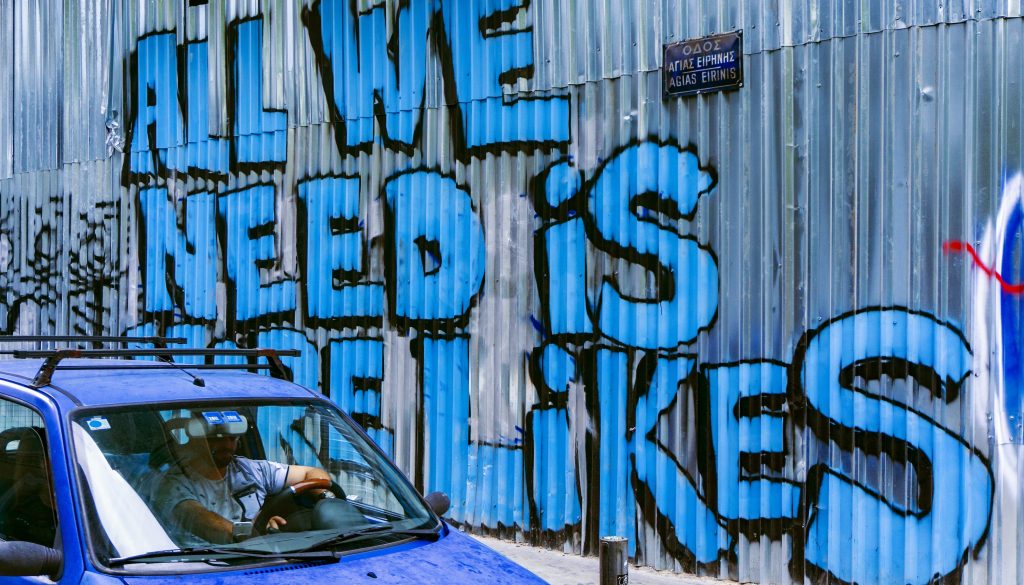This post is also available in Dutch .
According to a recent study, the main reason seems to be the lack of eye contact. Indeed, would it feel as easy to mute, dislike or block someone who is right in front of us? Probably not. Whereas it just seems routine when we do it in one click on our computer.
Empathic behavior, which is defined as “the ability to share the feelings of others”, relies on the same neural network as when we are directly experiencing the feeling. This finding implies that we can feel empathy better when we can clearly visualize what happened to the other person and the direct consequences. Seeing someone in distress is definitely more vivid and emotionally disturbing than if we just read it from the news. It doesn’t make the suffering more or less intense though. But our experience of it and therefore our empathic response will feel more real. The reason is that the less distance there is between us and the victim, the more we are able to be empathic. Social networks are a striking example of the opposite case: more social distance and less empathy.
The thing with online interactions is that even the tiniest sick joke taken out of context may rapidly take on dramatic proportions for the one who is being mocked. One small bashing can become viral because of the massive sharing of publications. This is how cyberbullying starts. Think of it as a system with one victim and repeating loops of bullying. In the end, the victim and the bullies might not even know each other. But the consequences can be dramatic. Researchers have been working on an app offering the possibility to think twice before publishing any harmful content. And they showed that most people changed their mind and ultimately decided not to share it online.
But then why do people do this in the first place? The anonymity and distance in online interactions can affect the way we behave on social networks by disinhibiting us. Some people admitted that they sometimes say and do things in cyberspace that they wouldn’t ordinarily say and do in the real world.
But then what is the code of conduct to follow to make sure that “virtual me” is in line with “real me”? Maybe we could start by asking ourselves a few questions before posting or sharing anything, such as:
(Q1) Could it hurt someone’s feelings?
(Q2) Is this something I would say or do to someone in person?
(Q3) Is my only motivation to get more Likes and comments?
Please note that this blog is not against social networks but just an invitation to rethink our use of it. What most people express when joining social networks is the need for social interaction. Catching up with old friends or enlarging one’s circle of friends, compensating a lack of social bonding and a low self-esteem, being part of a community and sharing common interests are some of the main motivations expressed by social network users. In this sense, it is clear that social networks offer advantages such as keeping in touch with people over distance and time or staying tuned for upcoming events and activities.
Photo by Daria Nepriakhina on Unsplash
Author: Kim Beneyton
Buddy: Rebecca Calcott
Editor: Ellen Lommerse
Translation: Felix Klaassen
Editor translation: Jill Naaijen
